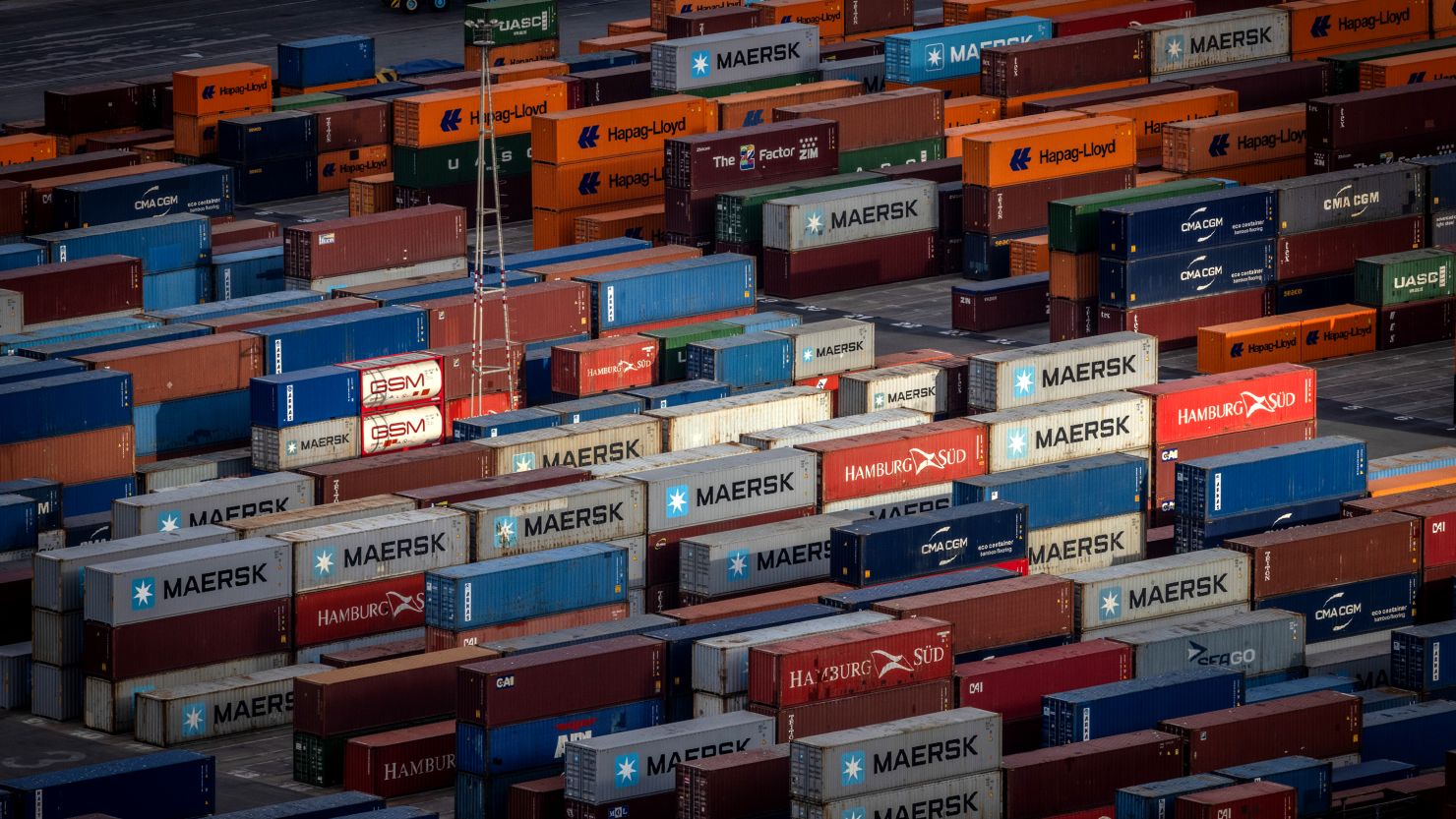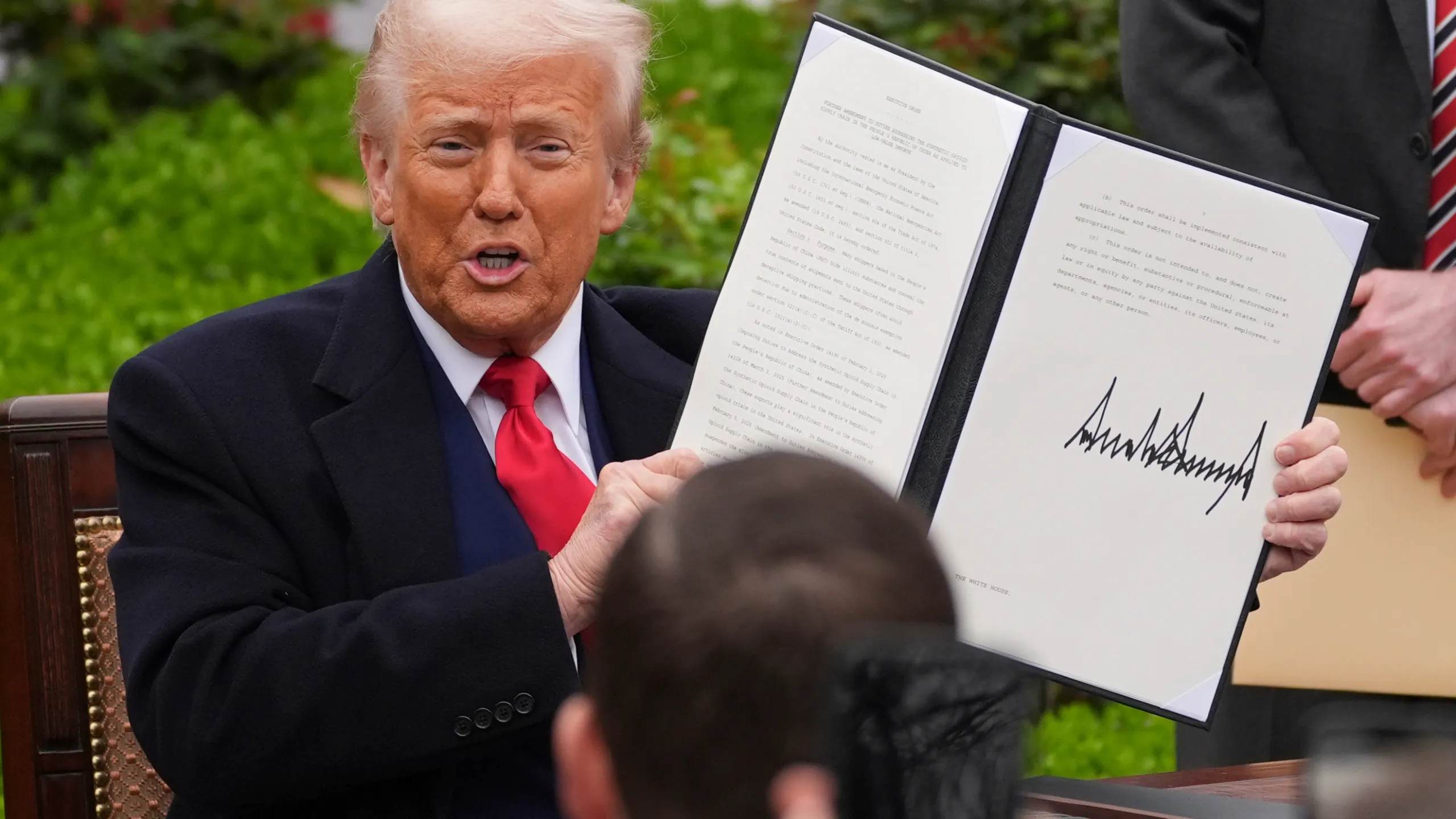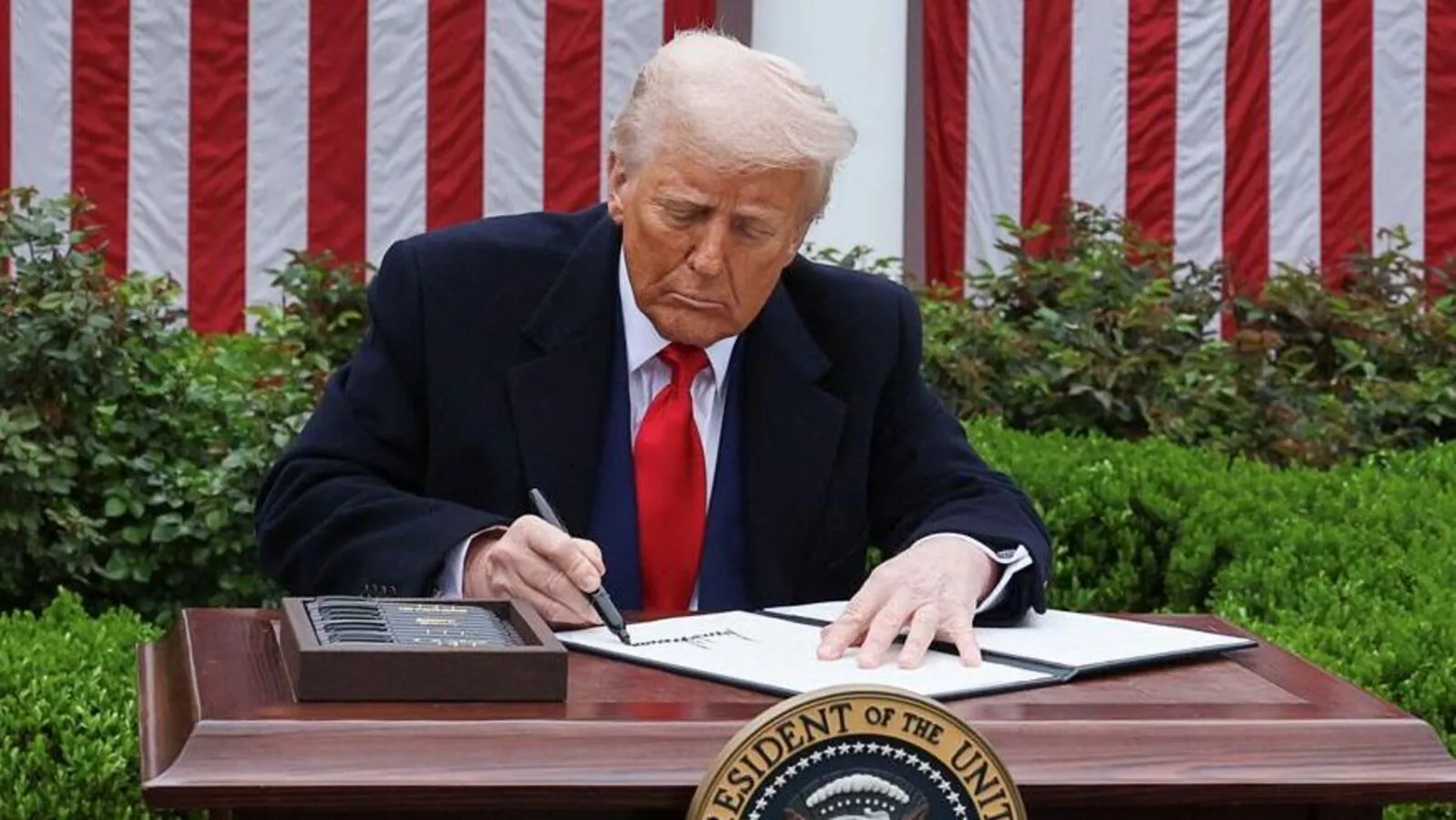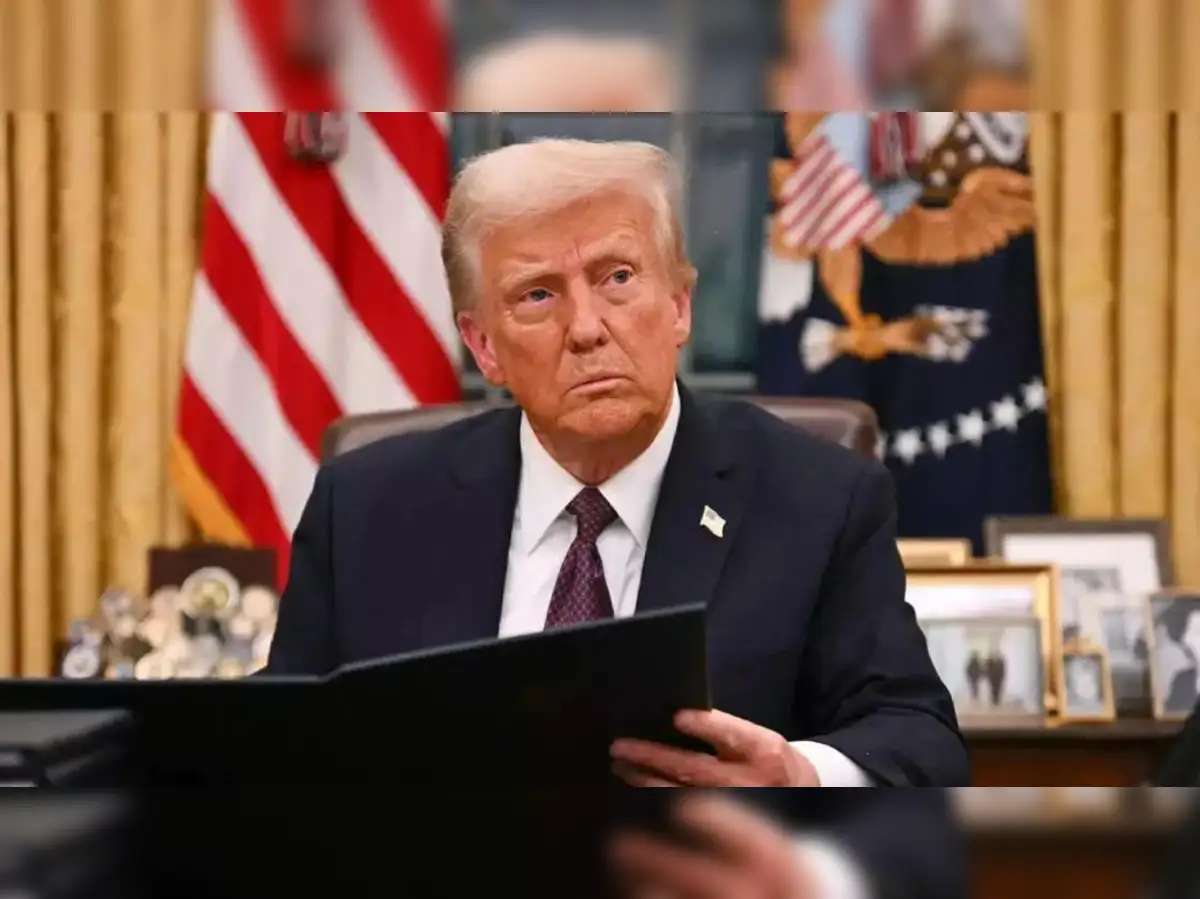
The United States has recently taken a bold stance in its trade and national security policies by announcing a 30% tariff on imports from the European Union and Mexico. This move, spearheaded by the Trump administration, is driven by two primary concerns: the ongoing fentanyl crisis affecting American communities and the persistent trade deficits that the US faces with both regions. It marks a significant escalation in US trade policy, signaling a shift toward more protective measures amid complex geopolitical and economic challenges.
Background of the Tariff Announcement
In a speech that reverberated across international markets, former President Donald Trump declared these tariffs as a necessary response to longstanding issues. Historically, tariffs have been used as tools to safeguard domestic industries and exert pressure on trade partners. However, these recent duties come amidst rising domestic anxiety over drug overdoses, especially involving synthetic opioids like fentanyl, which has claimed thousands of lives annually.
Furthermore, the tariffs reflect concerns over trade imbalances. America’s trade deficit with the EU and Mexico has been a contentious topic, with many policymakers arguing that it hampers economic growth and damages American manufacturing sectors. By imposing a 30% tariff, the US aims to renegotiate trade terms, hoping to incentivize fairer trading practices and boost domestic production.
The Fentanyl Crisis and Its Role in Tariff Decisions
One of the foremost reasons cited by the US government for these tariffs is the fentanyl crisis. Fentanyl, a synthetic opioid, is approximately 50 to 100 times more potent than heroin and has become a primary contributor to the surge in overdose deaths in the United States. A significant portion of fentanyl entering the US is manufactured in China and trafficked through Mexico, often hidden within legal shipments or clandestine routes.
While the initial blame was directed at Chinese producers, US authorities now emphasize that Mexico’s border security deficiencies facilitate the smuggling of fentanyl into the country. This has led to increased calls for punitive measures against trade partners from whom illicit drugs originate or transit, aiming to disrupt clandestine supply chains.
By imposing tariffs on EU exports, the US also targets potential sources of precursor chemicals used in fentanyl production. The goal is to tighten control over the global supply chain of narcotics and reduce the flow of deadly drugs into American streets.
Trade Deficit Concerns and Economic Implications
The trade imbalance is another critical factor behind the tariffs. The US has long criticized the EU and Mexico for consistently exporting more goods to America than they import, resulting in substantial deficits. Critics argue that such deficits lead to the decline of domestic manufacturing sectors and job losses.
The tariffs are viewed as leverage to pressure trade partners into renegotiating agreements and adopting policies that favor more balanced trade. For instance, the US has been keen on securing better terms for agricultural exports, technology, and automotive industries.
However, experts warn that these tariffs could lead to retaliatory measures, increasing costs for American consumers and businesses. Potential repercussions include higher prices on imported goods, disruptions in global supply chains, and or reduced exports from the US to the EU and Mexico.
International Reactions and Global Trade Dynamics
The announcement has sparked a flurry of reactions from international trade partners. The European Union, representing a collective of multiple countries, has voiced strong opposition, emphasizing that such tariffs threaten to escalate trade tensions and undermine the principles of free trade. Brussels has already threatened retaliatory tariffs on US goods if these duties are implemented.
Similarly, Mexico’s government has expressed concern over the potential economic fallout, especially given the importance of the US-Mexico trade relationship under agreements like USMCA. Mexico has also highlighted that tariffs can hurt the very industries most vulnerable to illicit drug trafficking, which is mainly a law enforcement issue.
Global financial markets responded with volatility, as investors fear a possible trade war escalating into broader economic disruptions. Many analysts emphasize that while the US aims to combat narcotics trafficking and improve trade balances, the approach may backfire, leading to a cycle of retaliations and economic uncertainty.
Potential Impacts and Future Developments
The implementation of a 30% tariff on EU and Mexican goods could have several immediate and long-term impacts:
- Increased prices on imported goods: Consumers and businesses may face higher costs, affecting everything from electronics to agricultural products.
- Disruption of supply chains: Companies reliant on imports from EU and Mexico might need to find alternative sources or absorb increased costs.
- Retaliation from trade partners: EU and Mexico could impose their own tariffs on US exports, impacting American farmers, manufacturers, and technology companies.
- Potential political repercussions: Tensions could influence diplomatic relations, with ongoing negotiations and policy shifts expected in the coming months.
Moreover, the US administration has signaled that these tariffs are not necessarily permanent. Continual negotiations with EU and Mexican officials could lead to modified trade agreements or targeted measures focusing specifically on narcotics trafficking rather than broad tariffs.
Conclusion
The decision to impose significant tariffs on EU and Mexican imports underscores the complex interplay between trade policy, public health, and national security. While aimed at combating drug trafficking and correcting trade deficits, these measures also risk escalating tensions and economic disruptions. Effective resolution will require coordinated international efforts, robust law enforcement, and mutually beneficial trade negotiations.
As the global community watches the unfolding developments, stakeholders across governments, industries, and civil society must navigate these challenges carefully to avoid unintended consequences while striving to address critical issues like the fentanyl crisis and economic fairness.
Final Thoughts
The US’s bold move highlights the importance of balancing economic interests with public health and security concerns. It reflects a broader trend of increasing protectionism but also showcases the necessity of strategic diplomacy to find sustainable solutions.
For more updated news please keep visiting Prime News World.









